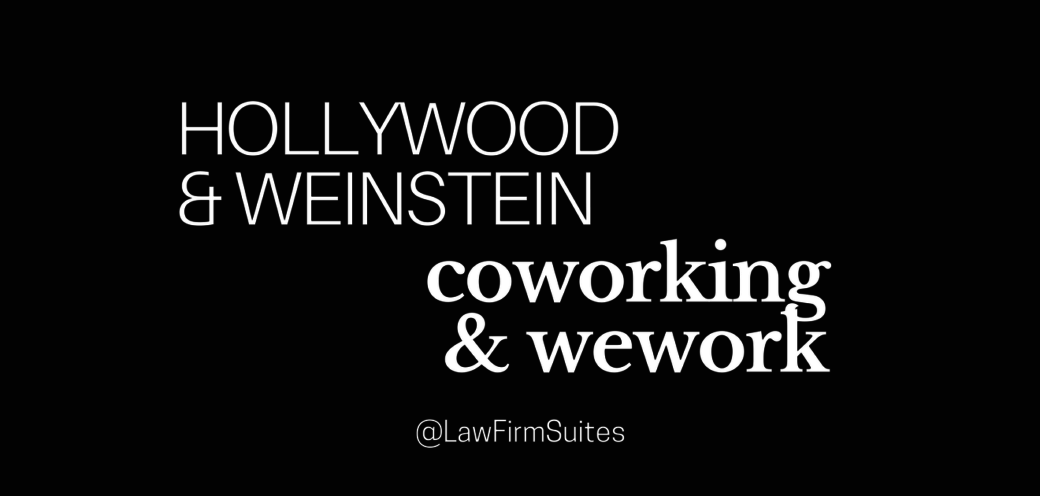In the wake of the WeWork poaching scandal, coworking faces its first moral crisis. How we respond may affect our future.
Amidst recent media reports of WeWork’s aggressive poaching campaigns, last week, coworking trade group Global Workspace Association (GWA) announced their collaboration with the coworking giant on a signature event to kick off their annual conference in Brooklyn.
The confusing move by a major industry association left many players in the shared workspace vertical asking: Just where do we stand on client poaching?
Coworking now finds itself at a moral crossroads that may affect both the reputation and sustainability of our nascent industry.
5 Years of Coworking Love
For the past five years, the coworking industry has been nothing short of a love-fest. Feel-good operators openly helping each other out and collectively promoting ideals like community, sustainability and collaboration.
But over the past several months, the industry’s utopian shine has been tarnished by accounts of WeWork’s poaching campaign.
They have engaged in stunts like camping outside competitors’ offices with street teams wielding bagels and t-shirts, sending targeted emails to competitors’ customers offering assistance to break their coworking contracts and engaging in corporate espionage.
Both coworking operators and traditional business center operators have been targeted throughout the United States, Europe and Latin America.
Like with Weinstein, Silence is the Real Scandal
The scandal in this story isn’t WeWork’s ethically questionable (and potentially illegal) marketing tactics, it’s the silence by much of the shared workspace industry.
Some of the operators who were targeted by WeWork have publicly expressed their outrage. So has New York trade group WANY and industry publication Allwork.Space. But for the most part, very few industry participants around the country have spoken out publicly in support of their peers.
This includes GWA.
To many in the industry, GWA’s choice to collaborate with WeWork on an event that kicks off a major industry conference — without taking a public stance on the poaching scandal — alienates coworking operators, in particular, the victims of the poaching scheme.
This begs the question: By remaining silent, are we as complicit with WeWork’s poaching tactics as Hollywood was with the Weinstein scandal?
Like Weinstein did for the independent film industry, WeWork has brought exposure, opportunity and growth to a fledgling industry. Many operators have benefitted from this. But are we, as an industry, willing to compromise our values for economic success?
Industry silence is the real scandal with the @wework poaching story @GWAssoc Click To TweetA Moral Crossroads for Coworking
The coworking industry now stands at a moral crossroads. This week at GWA’s conference, much of the industry will be gathering in Brooklyn to address our challenges and successes. It’s a perfect opportunity to include the poaching scandal among the topics being discussed.
But the conversation should be less about WeWork’s bad behavior, and more about our ethics and what we value as an industry. And WeWork should be included in that conversation.
However, if we stay silent on this issue, then I fear the poaching tactics we’ve seen the last few months could very well become our new normal.
With this scandal, our industry faces the first big test of our integrity, and how we respond as a group may very well determine our sustainability.
I hope our industry leaders, including those at GWA, find the courage to step up and tackle the issue head-on.
A Call to Action
If you think that the WeWork poaching scandal should be prominently addressed at this week’s GWA conference in Brooklyn, let them know. Email them at [email protected] or contact them by Twitter @gwassoc.
.@GWAssoc should address the @wework poaching scandal this week at #OfficeEvolutionCon Click To Tweet
